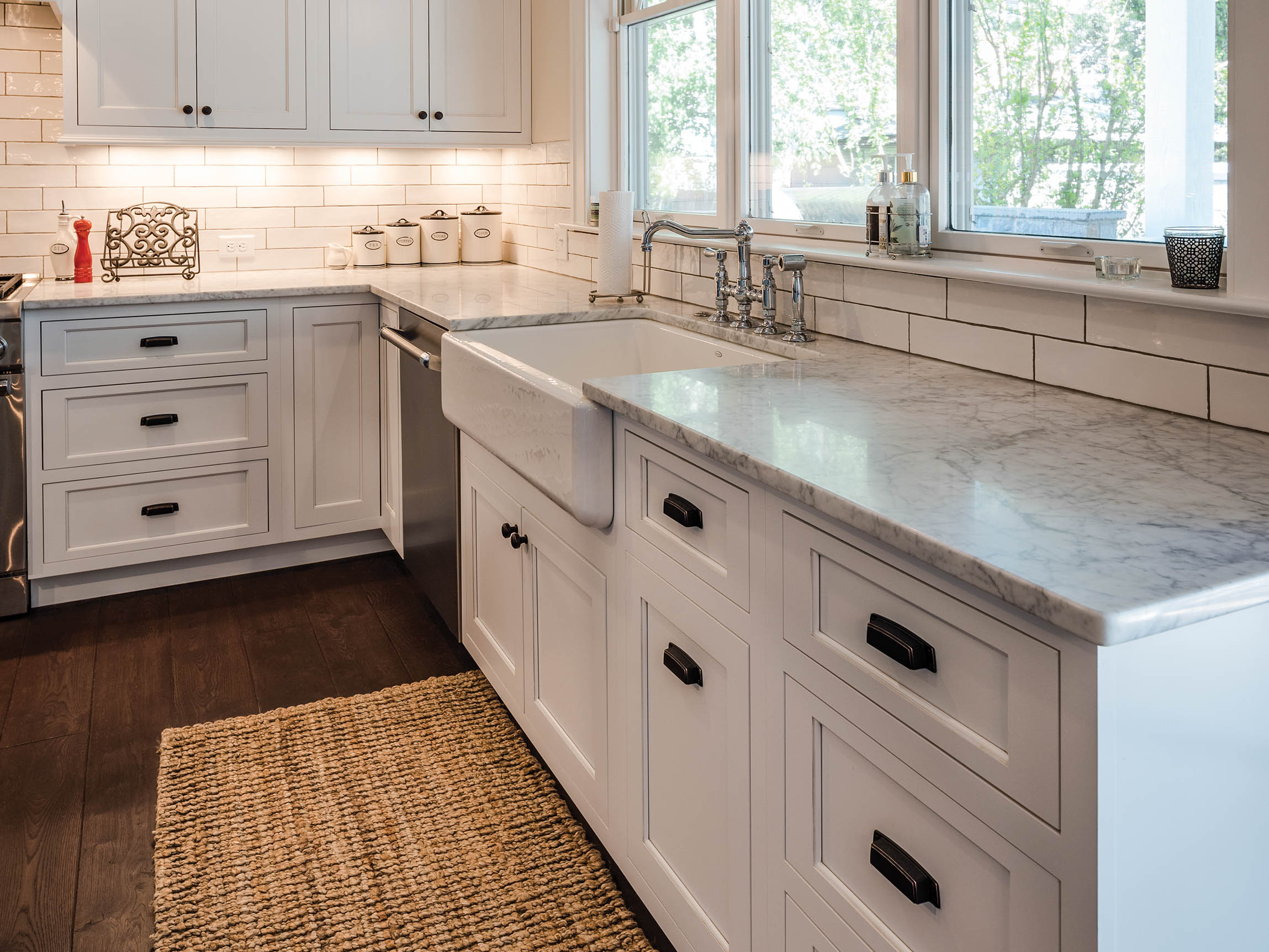What is the most sanitary kitchen countertop? When designing or renovating a kitchen, hygiene is a top priority. With food prep, spills, and frequent cleaning, having a countertop that resists bacteria and germs can make all the difference. But what is the most sanitary kitchen countertop material? Let’s explore the top options that combine style, durability, and hygiene.
1. Quartz: The Hygienic Champion
Quartz is considered one of the most sanitary countertop materials. Why? It’s non-porous, meaning it doesn’t absorb liquids, bacteria, or mold. This property ensures that harmful germs don’t find a home on the surface, making it an ideal choice for kitchen countertops.
Key Benefits:
- Non-porous: Prevents absorption of liquids and bacteria.
- Low maintenance: Easy to clean with just soap and water.
- Durable: Highly resistant to scratches and stains.
2. Granite: A Natural Germ Fighter
Granite is a popular natural stone choice, and when properly sealed, it can be just as hygienic as quartz. The sealant creates a barrier on the porous surface, preventing bacteria and liquids from penetrating. Regular sealing is essential to maintain its hygiene standards.
Key Benefits:
- Heat resistant: Can withstand hot pans and pots.
- Sealable surface: Keeps bacteria out with proper maintenance.
- Durability: Long-lasting and resistant to wear.
3. Solid Surface: Smooth and Sanitary
Solid surface countertops, such as Corian, are man-made materials designed to offer seamless hygiene. With no cracks or seams where bacteria can hide, these countertops are easy to clean and maintain.
Key Benefits:
- Seamless: Fewer cracks for bacteria to hide.
- Customizable: Can be molded into any shape for a perfect fit.
- Non-porous: Resists bacteria and stains.
4. Stainless Steel: The Choice of Professional Kitchens
Used in commercial kitchens, stainless steel is highly sanitary and easy to clean. It’s non-porous and resistant to heat and stains. The smooth surface ensures no bacteria can hide, making it perfect for heavy cooking environments.
Key Benefits:
- Non-porous: Bacteria can’t penetrate the surface.
- Heat and stain resistant: Ideal for busy kitchens.
- Industrial look: Fits well with modern and professional kitchens.
5. Concrete: Sealed for Hygiene
Concrete countertops offer a unique look, but they are naturally porous. However, with the right sealant, concrete becomes a sanitary choice for kitchens. Regular sealing keeps out moisture and bacteria, making it a functional and stylish option.
Key Benefits:
- Customizable: Can be molded and colored to fit your style.
- Durable: With proper sealing, it resists stains and bacteria.
- Heat resistant: Great for handling hot cookware.
Honorable Mentions:
- Butcher Block: Though aesthetically pleasing, butcher block countertops are porous and require regular sealing and oiling to maintain hygiene. Frequent cleaning is necessary to prevent bacterial growth.
- Marble: Like granite, marble requires regular sealing. Its porous nature makes it less sanitary without maintenance, but its elegance keeps it a popular choice.
Tips for Maintaining a Sanitary Countertop:
Regardless of the material you choose, keeping your countertops clean is crucial. Here are some general tips to ensure your surfaces stay bacteria-free:
- Wipe up spills immediately. Leaving spills can allow bacteria to grow.
- Use mild cleaners. Avoid harsh chemicals that can degrade your countertop’s finish.
- Seal natural stone countertops regularly. Re-sealing prevents bacteria from penetrating porous surfaces.
- Use cutting boards. This keeps raw food from coming into direct contact with the countertop, preventing contamination.
Conclusion
When it comes to what is the most sanitary kitchen countertop, quartz takes the crown for its non-porous nature and low maintenance. However, with proper sealing and care, granite, solid surface, and even concrete can be just as sanitary. Consider your cooking habits, style preferences, and maintenance willingness when choosing the right countertop for your kitchen.

